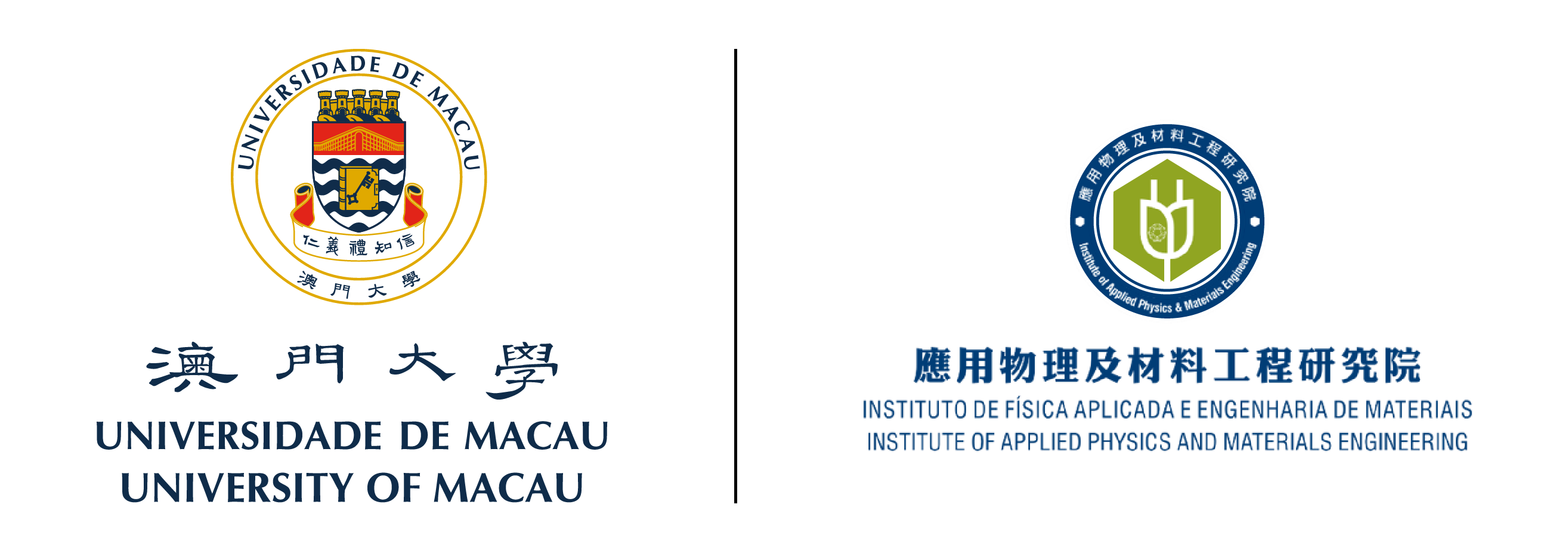NSFC announces awardees of Excellent Young Scientists Fund; four UM professors make the list
The National Natural Science Foundation of China (NSFC) has announced the awardees of the Excellent Young Scientists Fund. Only four scientists from Macao made the list, all of whom are professors from the University of Macau (UM). This is the first time that the Excellent Young Scientists Fund is open for applications from Hong Kong and Macao, which shows the central government’s support for technological innovation in the two cities and the expectation that awardees will contribute to national development with scientific research.
The four awardees from UM are Prof Qu Songnan from the Institute of Applied Physics and Materials Engineering, Prof Chen Meiwan from the Institute of Chinese Medical Sciences, as well as Prof Mok Seng Peng and Prof Hu Guanghui from the Faculty of Science and Technology. They will carry out innovative research on luminescent carbon nanodots and their applications, the delivery of active ingredients of Chinese medicines through carriers, the application of artificial intelligence technology in nuclear medicine to improve imaging quality, and numerical methods for partial differential equations, respectively. UM says the research grants can be used to recruit new researchers, which is expected to help enhance the quality of scientific research in Macao and to create more opportunities for young scientists.
This is the first time that the Excellent Young Scientists Fund is open for applications from eight universities in Hong Kong and Macao. It is an important step taken by the central government towards supporting technological innovation in Hong Kong and Macao. NSFC received many applications for the fund. In the end 25 were selected. The fund aims to support young scientists with outstanding achievements in basic research. It gives awardees the freedom to choose the research topic of their interest. Each awardee will receive a grant of RMB 1.3 million (approximately 1.5 million in patacas) to carry out research in Macao, for a period of up to three years.
 Source: Communications Office
Source: Communications Office

